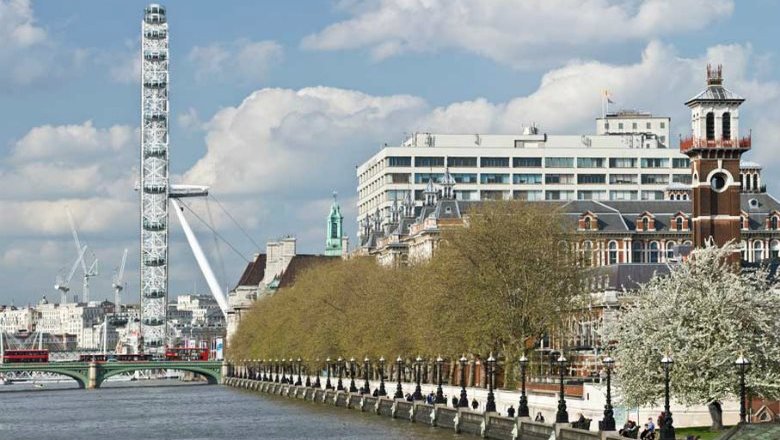06 November 2018
New £10m Centre in medical imaging and AI
Greg Clark, UK Secretary of State for Business, Energy and Industrial Strategy (BEIS), confirmed today that UK Research and Innovation will invest £10 million in The London Medical Imaging & Artificial Intelligence Centre for Value-Based Healthcare as part of the Industrial Strategy Challenge Fund.

He said: “AI has the potential to revolutionise healthcare and improve lives for the better. That’s why our modern Industrial Strategy puts pioneering technologies at the heart of our plans to build a Britain fit for the future.
“The innovation at these new centres will help diagnose disease earlier to give people more options when it comes to their treatment, and make reporting more efficient, freeing up time for our much-admired NHS staff time to spend on direct patient care.”
Led by King’s College London, the new Centre will train sophisticated artificial intelligence (AI) algorithms from NHS medical images and patient data, to provide tools for clinicians to speed up and improve diagnosis and care across a number of patient pathways including dementia, heart failure and cancer.
In order to achieve these results, the Centre brings together an ambitious consortium including two other universities (Imperial and Queen Mary’s University London), King’s Health Partners NHS Foundation Trust partners, Guy’s and St Thomas’, King’s College Hospital and South London and Maudsley, with Bart’s Health, multinational industry (Siemens, NVIDIA, IBM, GSK), 10 UK-based SME’s and the Health Innovation Network.
The Centre will have a focus on transformation and value-based healthcare, and how advanced imaging and AI technologies can be used to improve the patient journey. From earlier diagnosis if there is a problem and reassurance if not, to moving quickly to a treatment which is tailored to the patient and will result in the best possible outcome. By optimising triage and targeting resources, these technologies will also allow the NHS to reduce wasted effort that is not supporting patient care, and deliver significant financial savings.
Importantly the Centre will also ensure that the technologies developed become products that can be used across the NHS and also exported internationally. To achieve this, the Centre, based at St Thomas’ Hospital, will co-locate researchers and clinicians from King’s College London, two other leading universities, Guy’s and St Thomas’ and three other leading NHS Trusts with staff from industry including 10 UK small and medium enterprises (SMEs). Siemens Healthineers is making a substantial £6.6M investment into the UK by making the Centre their European Stratifies Medicine Hub. This along with other major investments from NVIDIA, IBM and GSK will help to leverage UK research strengths and clinical knowledge into becoming a leading industrial player in AI and healthcare.
Planned to open in early 2019, the Centre is one of a number of initiatives that will feed into longer-term plans to make the St Thomas’ Hospital campus a major MedTech Hub for the UK. The work is supported by the existing Wellcome / EPSRC Centre for Medical Engineering, School of Biomedical Engineering & Imaging Sciences and TOHETI.
Centre Director Professor Reza Razavi from King’s College London said: “The Centre will provide a fantastic opportunity to transform 12 different patient pathways by using advanced imaging and AI and help make the products that will substantially improve the experience for our patients and their clinical outcomes. It will also allow us to better utilise the resources within the NHS. This builds on a great on-going partnership between our researchers, clinicians and industry colleagues that will help put the UK at the forefront of developing and applying new technologies to improve healthcare.”
Professor Sir Robert Lechler, Senior Vice President/Provost (Health) at King's and Executive Director of King’s Health Partners, said: “We welcome the government's commitment to funding transformational research and innovations that will lead to better patient care. The new Centre gives us the opportunity to deliver improved outcomes for patients with a focus on driving quality and sustainability by using a value-based healthcare approach.
“As an Academic Health Sciences Centre, our purpose is to bring cutting-edge innovation into patient care. Partnership working enables us to deliver this ambition by bringing together advanced technologies such as imaging and AI, with our researchers, clinicians and industry partners, to accelerate and improve diagnosis and care.”
